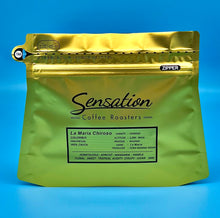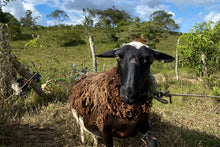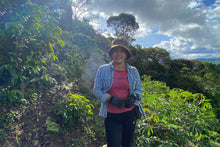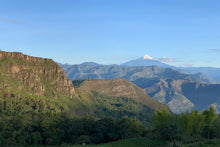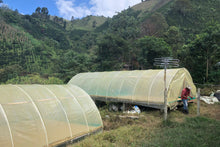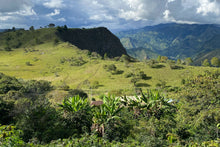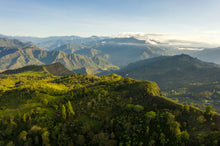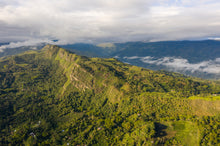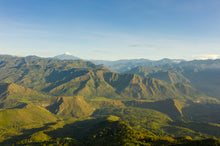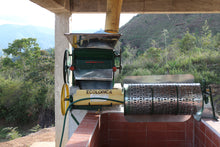
🚨New Coffee Release 🚨
La María Chiroso / Washed
Honeysuckle • Apricot • Orange peel • Panela
This 100% Chiroso microlot was produced by Yeimi Medina Oidor on her small farm, La María, located near the town of Pedregal, in the municipality of Inzá in the state of Cauca, Colombia.
La María is mainly planted with Caturra, a variety known for producing an exceptional cup, though it is susceptible to disease. The high elevation of Yeimi’s farm (1,900 metres above sea level) makes it possible to continue growing this more vulnerable variety, as the cooler temperature.
Recognising that the estate’s microclimate was suited to rare varieties that thrive in cooler temperatures, Yeti has recently established plots with Chiroso, Gesha and Pink Bourbon varieties.
HOW THIS COFFEE WAS PROCESSED
The coffee in this lot was selectively hand-harvested, with most labour being provided by Yeimi and her family. It was processed using the washed method at the farm’s ‘micro-beneficio’ (mill).
Freshly picked cherries were pulped using a small manual or electric pulper and then placed into a fermentation tank, where the parchment fermented without water. Yeimi pulped and blended several days’ worth of pickings over a 3-5 day period, lowering the pH level in the tank and – along with the cooler temperatures – allowing for an extended fermentation process. This fermentation process contributes to a vibrant, winey acidity in the coffee’s cup profile. This parchment is then washed using clean water from nearby rivers and streams.
The coffee was then carefully dried (over 10–18 days) on parabolic beds, which are constructed a bit like a ‘hoop house’ greenhouse, and act to protect the coffee from the rain and prevent condensation dripping back onto the drying beans. The greenhouses are constructed out of plastic sheets and have adjustable walls to help with airflow, and temperature control to ensure the coffee can dry slowly and evenly.










